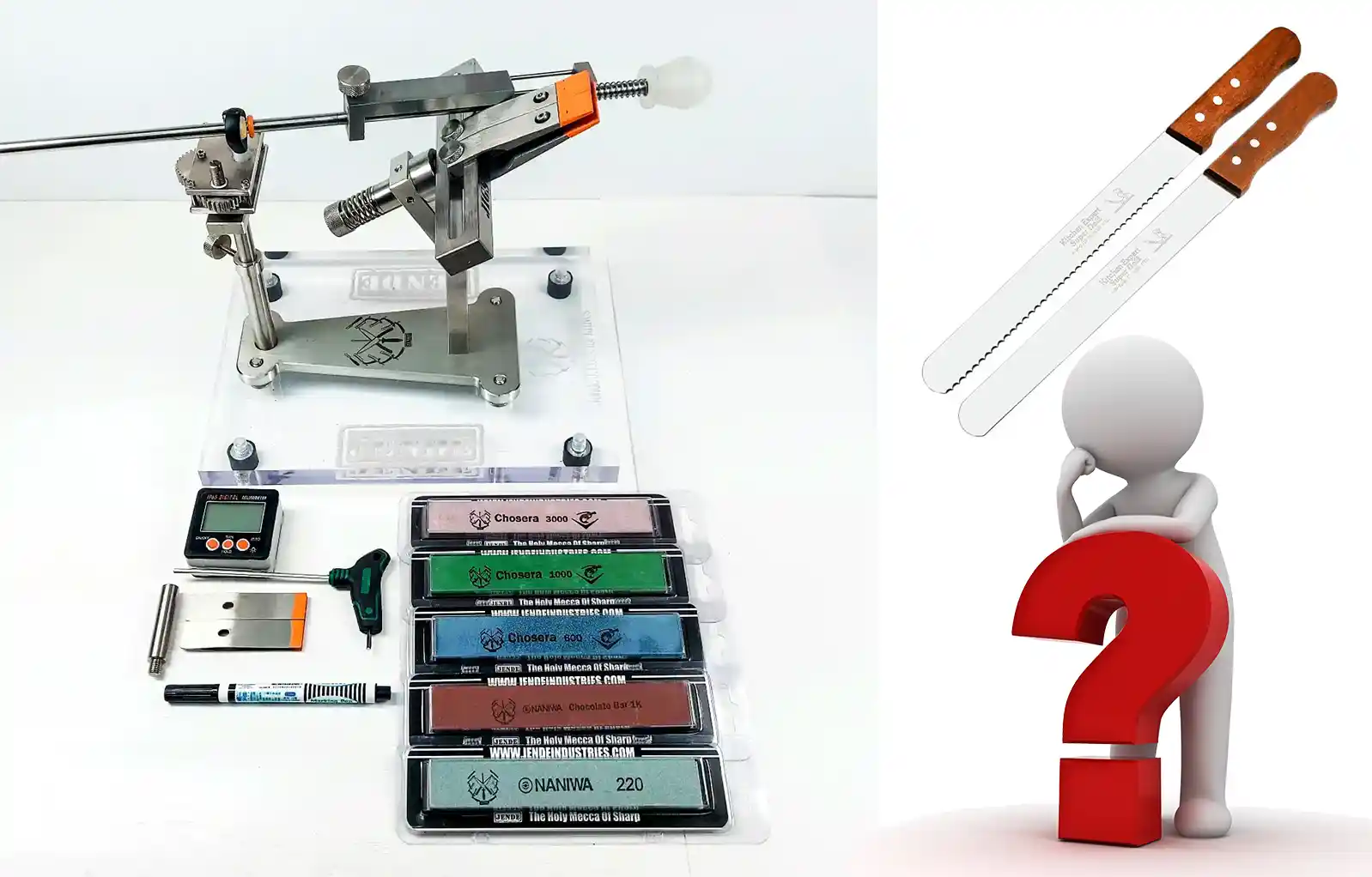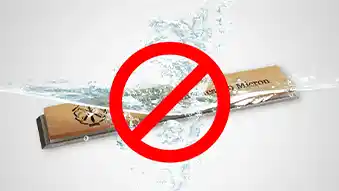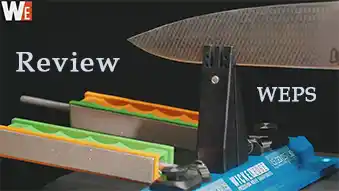Can a Knife Sharpener Sharpen Serrated Knives?

Introduction:
Serrated knives, with their jagged edges reminiscent of saw teeth, are popular for slicing through tough materials with ease. However, maintaining the sharpness of these unique blades can present a challenge. Many knife owners wonder: Can a knife sharpener effectively sharpen serrated knives? In this article, we'll explore the intricacies of sharpening serrated blades, the different methods available, and the best practices for keeping your serrated knives in optimal cutting condition.
Understanding Serrated Knives:Serrated knives, also known as bread knives or serrated-edge knives, feature a series of small, scalloped teeth along the cutting edge. These teeth enable the knife to grip and tear through tough or crusty surfaces with minimal effort, making them ideal for slicing bread, tomatoes, and other delicate foods without crushing them. The serrations create points of contact that distribute pressure evenly, reducing the likelihood of squashing or tearing.
Challenges of Sharpening Serrated Knives:Sharpening serrated knives differs significantly from sharpening traditional straight-edge blades due to the serrated pattern. The unique geometry of serrated edges requires specialized tools and techniques to maintain sharpness effectively. Here are some challenges associated with sharpening serrated knives:
- Complex Edge Geometry: Serrated knives feature a complex edge geometry with multiple points of contact along the serrations. Traditional sharpening methods, such as using sharpening stones or electric sharpeners designed for straight-edge blades, may not effectively sharpen the individual serrations.
- Preservation of Serrations: Maintaining the integrity of the serrated edge is crucial when sharpening serrated knives. Overzealous sharpening or using inappropriate sharpening tools can flatten or round the serrations, diminishing the knife's cutting performance and altering its intended function.
- Consistency: Achieving consistent sharpness across the entire length of the serrated edge can be challenging, especially with manual sharpening methods. Inadequate technique or improper alignment may result in uneven sharpening, leaving some serrations dull while others remain sharp.
Despite the challenges, several methods exist for sharpening serrated knives, each with its advantages and considerations:
- Serrated Knife Sharpeners: Specialized serrated knife sharpeners are designed explicitly for sharpening serrated edges. These sharpeners feature tapered or cylindrical rods with abrasive surfaces that fit into the serrations, allowing for precise sharpening of each tooth. By individually addressing each serration, these sharpeners can restore sharpness without compromising the serrated edge's geometry.
- Diamond Sharpening Rods: Diamond sharpening rods, commonly used for sharpening straight-edge blades, can also be effective for sharpening serrated knives. The fine grit of diamond abrasives allows for precise sharpening of the serrations without removing excessive material. When using diamond sharpening rods, it's essential to match the rod's diameter to the size of the serrations for optimal results.
- Ceramic Sharpening Stones: Ceramic sharpening stones, particularly those with tapered or round profiles, can be used to sharpen serrated knives. By carefully maneuvering the knife along the ceramic surface, it's possible to sharpen the individual serrations while preserving their shape and integrity. However, this method requires skill and patience to ensure consistent results.
To effectively sharpen serrated knives while minimizing the risk of damage, consider the following best practices:
- Choose the Right Sharpener: Select a sharpener specifically designed for serrated knives, such as a serrated knife sharpener or diamond sharpening rod. These tools are engineered to address the unique geometry of serrated edges, ensuring precise sharpening without compromising the serrations.
- Maintain Serration Alignment: When sharpening serrated knives, maintain consistent alignment with the serrations to ensure even sharpening across the entire edge. Avoid applying excessive pressure or altering the angle of the blade, as this can distort the serrations and affect cutting performance.
- Use Light Pressure: Apply light, controlled pressure when sharpening serrated knives to prevent over-sharpening or flattening of the serrations. Let the abrasive do the work, and focus on maintaining a steady motion along the serrated edge to achieve optimal sharpness.
- Test Sharpness Regularly: Periodically test the sharpness of the serrated edge by gently running your finger along the blade. A properly sharpened serrated knife should feel uniformly sharp along the entire length of the serrations, with no areas of dullness or resistance.
- Practice Regular Maintenance: Incorporate routine maintenance into your knife care routine to keep serrated knives sharp and functional. Use a honing steel or ceramic rod to realign the serrated edge between sharpening sessions, ensuring consistent cutting performance.
While sharpening serrated knives presents unique challenges, with the right tools and techniques, it's possible to maintain their sharpness effectively. Specialized serrated knife sharpeners, diamond sharpening rods, and ceramic sharpening stones offer viable solutions for restoring the sharpness of serrated edges while preserving their unique geometry. By following best practices and exercising care during the sharpening process, you can keep your serrated knives in optimal cutting condition for all your culinary endeavors. Remember, a sharp serrated knife is not only a valuable kitchen tool but also a testament to your commitment to precision and excellence in cooking. Read this article for How to Sharpen a Serrated Knife Using the DMT Serrated Knife Sharpener


